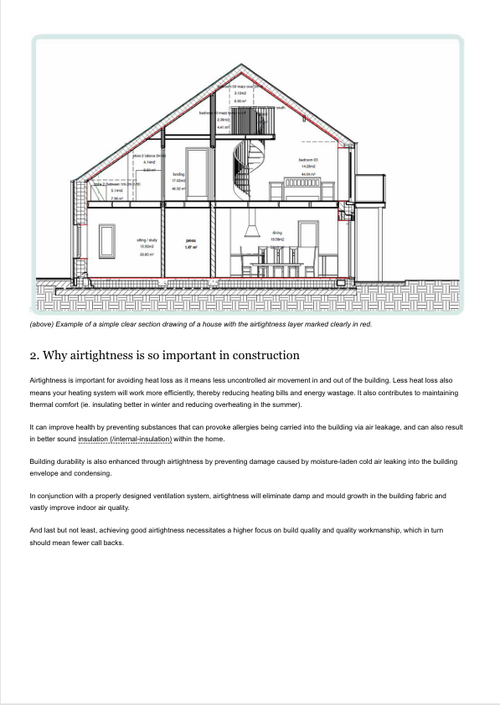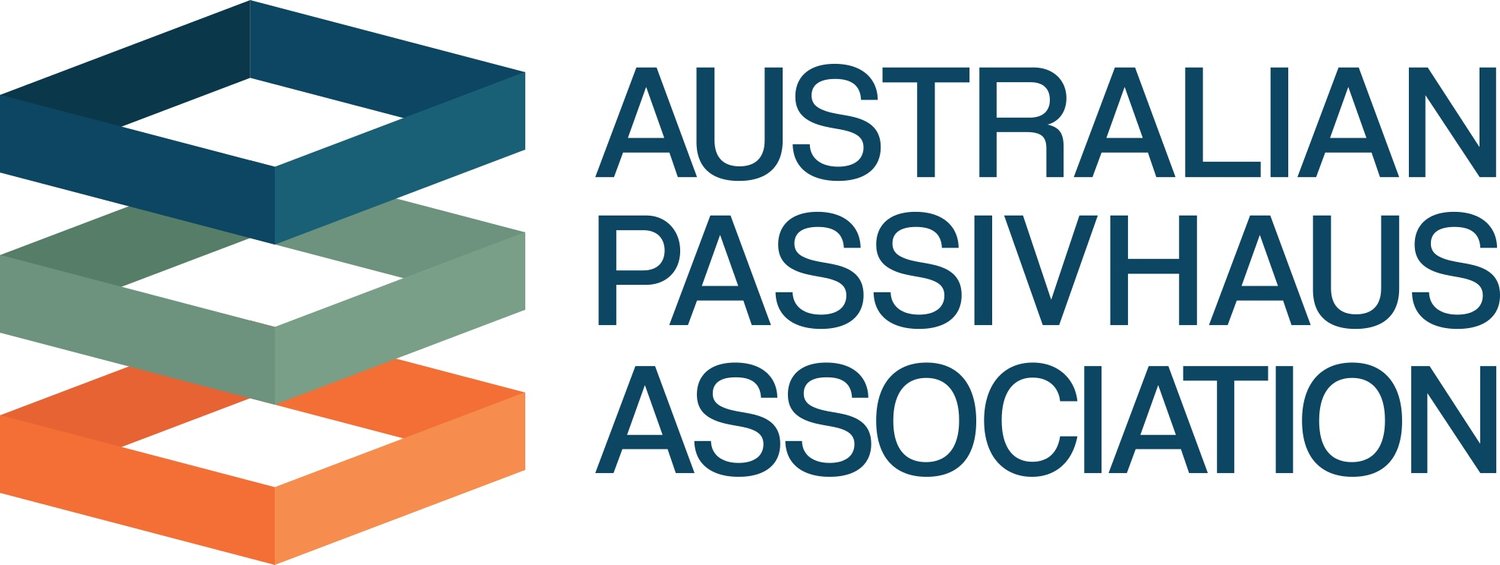
2025 Resource Library
Airtightness, Ventilation and Thermal Bridging
Building envelope performance depends on three critical elements: eliminating thermal bridges that create heat loss pathways, achieving airtightness to control air movement, and providing effective ventilation for healthy indoor air quality. These interconnected fundamentals work together to deliver the comfort, efficiency, and performance standards required for Passivhaus buildings.
Airtightness & Thermal Bridging
-

What is a Thermal Bridge?
Fundamental concepts and identification guide
-

Calculating Linear Thermal Bridges in Passive Houses with THERM
Step-by-step modeling instructions and software guide
-

The Passivhaus Guide to Airtightness
Comprehensive overview of principles and best practices
-

Good Practice Guide to Airtightness
Practical implementation strategies and common challenges
Ventilation & Health
-

Designing Passive House Ventilation Systems
Putting ventilation front and center in design process
-

Ventilation Design for Multifamily Residential Buildings
Specific considerations for multi-unit developments
-

Ventilation Systems Overview
Visual guide to system types and installation (video)
-

Health and Wellbeing in Highly Energy Efficient Buildings
Field study results on occupant health outcomes
-

Passive House and Radon Control
Effective radon mitigation in domestic construction
Summary
Airtightness, Ventilation and Thermal Bridging
Thermal Bridging
What is a Thermal Bridge? 🌐 Fundamental concepts and identification guide [Download: What is a Thermal Bridge.pdf]
Calculating Linear Thermal Bridges in Passive Houses with THERM 📄 Step-by-step modeling instructions and software guide [Download: ThermInstructions_Version-1c.pdf]
Airtightness Fundamentals
The Passivhaus Guide to Airtightness 🌐 Comprehensive overview of principles and best practices [Download: PH+ Guide to Airtightness.pdf]
Good Practice Guide to Airtightness 📄 Practical implementation strategies and common challenges [Download: Good Practice Guide to Airtightness.pdf]
Ventilation Design and Health
Designing Passive House Ventilation Systems 🌐 Putting ventilation front and center in design process [Download: Designing Passive House Ventilation Systems.pdf]
Ventilation Design for Multifamily Residential Buildings 📄 Specific considerations for multi-unit developments [Download: Ventilation Design Considerations for Passive House Multifamily Residential Buildings.pdf]
Ventilation Systems Overview 🎥 Visual guide to system types and installation [Video: https://www.youtube.com/watch?v=Ut9wQmbUY7I&ab_channel=PolyurethanesMedia]
Health and Performance Research
Health and Wellbeing in Highly Energy Efficient Buildings 🌐 Field study results on occupant health outcomes [Download: Health & Wellbeing in Energy Efficient Buildings.pdf]
Passive House and Radon Control 📄 Effective radon mitigation in domestic construction [Download: Certified_passive_house._An_effective_control_of_randon_in_domestic_construction.pdf]




